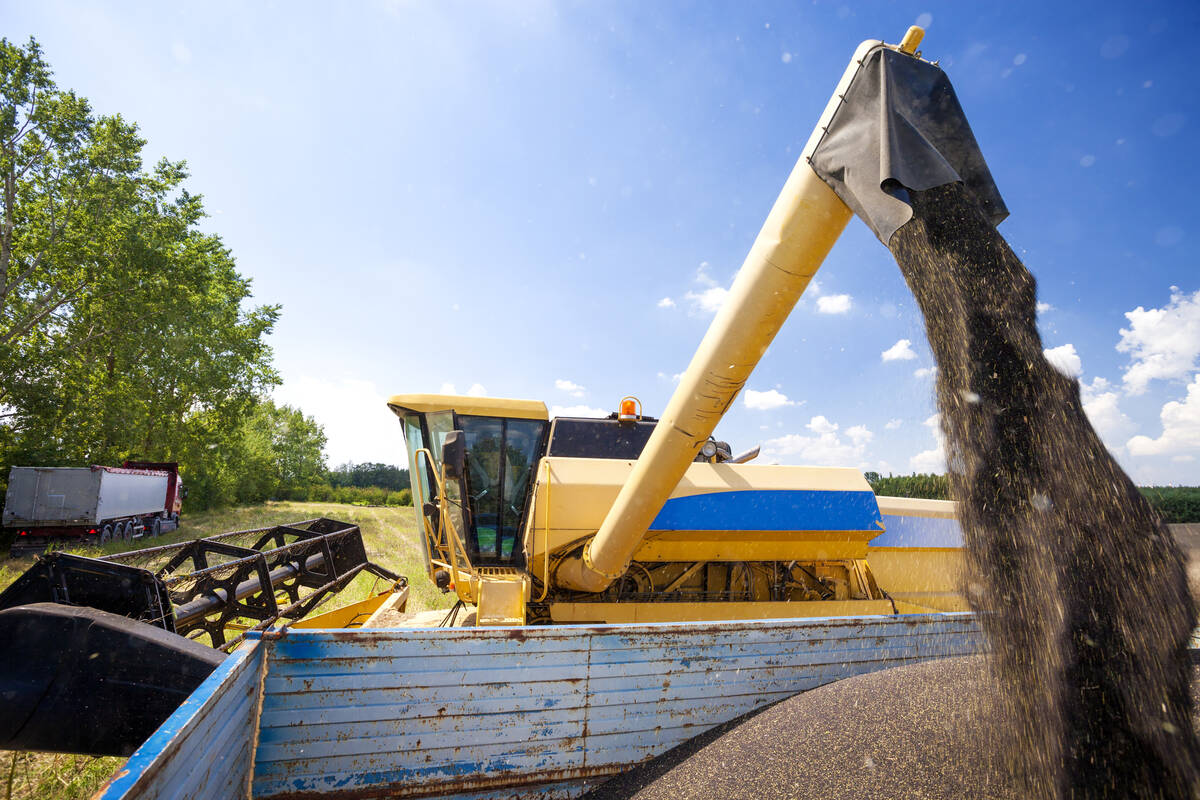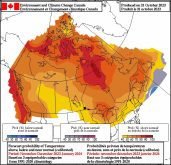Temporary foreign workers coming to Canada for work in the farming or food processing sectors might not have to immediately check into government-approved hotels for COVID-19 quarantines along with other arriving travellers.
The federal government on Tuesday announced new rules for TFWs taking effect starting Sunday (March 21). Like other arrivals, TFWs will still be subject to COVID-19 testing at their airport of arrival in Canada and will have to quarantine for at least 14 days.
However, starting Sunday, if workers are asymptomatic and have private transport set up to take them to their places of 14-day quarantine — and are accompanied only by others who travelled with them to Canada — they may skip the immediate quarantine at a government-authorized accommodation (GAA) and go directly to that other place of quarantine.
Read Also

Canada must resist EU non-tariff trade barriers says Grains Council
Canada should lead like-minded countries to protect agricultural markets from non-tariff barriers based in politics rather than science, the Canadian Grains Council said in a new report.
But if arriving TFWs need to travel by public means, such as a connecting flight, to a secondary location after they first touch down in Canada, they will first be required to go immediately into GAAs to await the results of their COVID-19 tests, then continue on to wherever the 14-day quarantine takes place.
“Provided TFWs have a suitable quarantine plan and safe transportation arranged to their place of quarantine, the government intends to ensure employers and TFWs will not assume incremental costs associated with the three-day quarantine requirement at the point of entry,” the government said Tuesday. “Workers will also be provided with supports on arrival and during their hotel stay.”
For eligible TFWs who arrive in Canada between now and Sunday, the deferral that allowed them to skip the GAA step and proceed directly to their 14-day quarantines — and that was set to expire March 14 — has now been extended to March 21.
The new system applies to TFWs arriving for work in “primary” agriculture, horticulture and landscaping, or for work in other agrifood, fish and seafood occupations, such as livestock slaughter and food, beverage, fish or seafood further-processing.
“Foreign agricultural workers are absolutely essential to the successful operations of our farms, our food plants, and, as a result, our food security,” Agriculture Minister Marie-Claude Bibeau said in a release Tuesday.
“We are doing everything necessary so they can arrive as scheduled and in a way that is safe for their health and the health of Canadians.” — Glacier FarmMedia Network
















